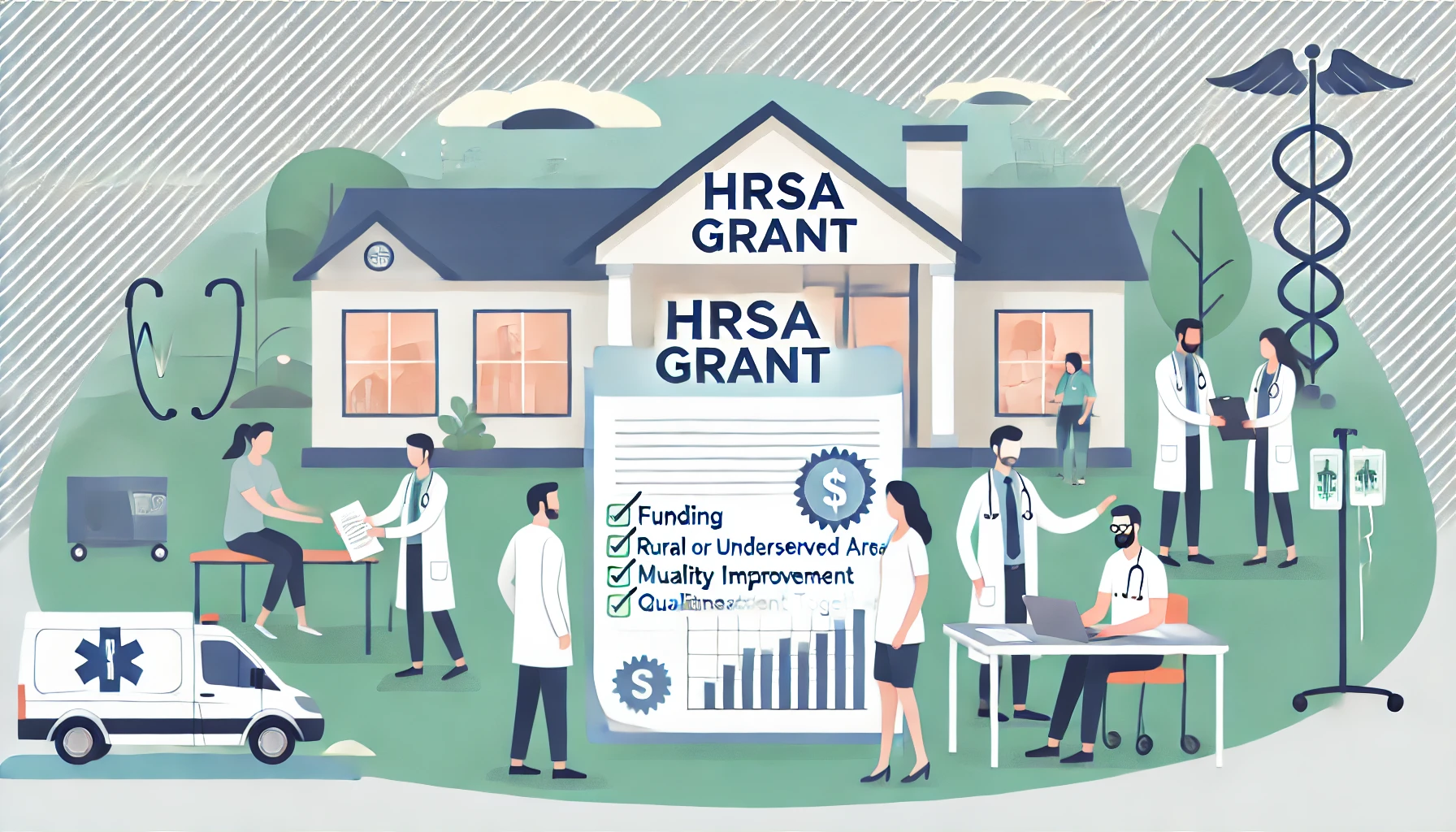
Table of Contents

Revolutionizing Healthcare: The Impact of AI on Patient Care in Hospitals
AI is revolutionizing hospitals with smart diagnostics, predictive analytics, process automation, and personalized care, improving patient outcomes.
Revolutionizing Healthcare: The Impact of AI on Patient Care in Hospitals
Artificial intelligence (AI) is no longer a far-off dream within the realm of science fiction. Today, it is transforming industries across the world, and nowhere is its potential more pronounced than in healthcare. Hospitals are integrating AI technologies into their operations, reshaping how they deliver patient care, manage administrative tasks, and tackle critical challenges. Let’s delve deeper into how AI is revolutionizing healthcare and reshaping patient care delivery in hospitals.
The Role of AI in Healthcare Transformation
AI is making significant strides in the healthcare sector, offering hospitals the ability to improve efficiency and outcomes. Through its ability to process and analyze massive amounts of data in real time, AI is helping hospitals make more accurate diagnoses, optimize treatment plans, and enhance patient experiences. Some of the most exciting applications of AI in healthcare include:
- Medical Imaging and Diagnostics: AI-powered tools improve the accuracy of diagnosing conditions such as cancer by analyzing medical images and scans faster than traditional methods.
- Predictive Analytics: AI algorithms can predict patient deterioration or disease outbreaks, allowing healthcare professionals to act proactively.
- Personalized Medicine: AI tailors treatments to individual patients based on genetic information and past medical history.
With such capabilities, it is no surprise that hospitals are increasingly embracing AI to optimize patient outcomes and the efficiency of care delivery.
Revolutionizing Patient Care Through AI
1. Enhancing Diagnostics and Treatment
One of the most powerful impacts of AI in hospitals lies in its ability to improve diagnostic accuracy. AI algorithms can process detailed patient data, such as imaging reports and laboratory results, to detect anomalies that may be missed by human practitioners. This is especially evident in fields like radiology and pathology, where imaging plays a crucial role in diagnosis. With AI, healthcare providers can:
- Achieve early detection of diseases, including cancers, heart conditions, and neurological disorders.
- Create more efficient workflows by automating routine tasks while allowing doctors to focus on complex cases.
Furthermore, AI is also being used to enable personalized treatments through predictive models. Machine learning analyzes vast amounts of patient data to recommend tailored therapies, ensuring better outcomes and faster recovery for individuals.
2. Streamlining Hospital Operations
Beyond patient care, AI is revolutionizing how hospitals function behind the scenes. Managing hospital operations can be incredibly complex, but AI tools are simplifying processes through automation. Here’s how:
- Optimal Scheduling: AI platforms predict staff requirements, ensuring there are sufficient healthcare workers to meet patient needs.
- Efficient Resource Use: Algorithms manage hospital inventory, optimizing the allocation of supplies like medications or medical equipment.
- Lower Administrative Burden: AI-powered chatbots handle administrative tasks, such as patient intake forms and scheduling follow-ups, reducing the pressure on healthcare staff.
These advancements improve hospital agility and ensure that resources are allocated effectively, benefiting both healthcare workers and patients.
3. Virtual Assistance and Remote Patient Monitoring
Virtual assistants and AI-powered platforms are making their mark in providing convenient and consistent patient care. Technologies such as chatbots and virtual health assistants serve as the first line of interaction, simplifying communication for patients who need timely updates or answers to basic medical inquiries. Additionally, AI technology plays a vital role in remote patient monitoring.
- Wearable Devices: AI-driven wearables track patient vitals like heart rate and blood pressure, sending alerts to healthcare providers if any abnormalities are detected.
- Telemedicine Integration: AI bridges gaps in care delivery by supporting remote consultations and diagnoses in underserved areas.
The ability to monitor patients continuously allows healthcare professionals to deliver preventive care and intervene earlier in case of complications.
Ethical and Implementation Challenges
Despite AI’s transformative potential, hospitals face critical challenges when adopting these technologies. One of the most significant concerns is the ethical implication of using AI in decision-making processes. While AI can analyze data efficiently, the lack of transparency in how some algorithms make decisions raises questions about accountability and trust.
Here are a few challenges to consider:
- Data Privacy: Protecting sensitive patient information while using AI requires stringent cybersecurity measures to prevent breaches.
- Bias in AI Algorithms: AI-trained models can inherit biases present in their training datasets, potentially leading to unjust outcomes for certain patient groups.
- Regulatory Compliance: Hospitals must navigate a complex landscape of regulations to ensure that AI-integrated systems meet safety standards.
The healthcare sector needs to address these challenges by fostering collaboration among technology experts, healthcare professionals, and policymakers to develop ethical frameworks and best practices for the adoption of AI.
The Future of AI in Hospitals
The promise of AI in healthcare is undeniable. As technology continues to evolve, its integration into hospitals will likely expand significantly. Innovations such as advanced robotics in surgery, AI-guided drug discovery, and even the development of smart hospital systems emphasize the transformative potential of these technologies. With continuous investments in AI research and development, we can expect groundbreaking advancements in:
- Chronic disease management through real-time monitoring.
- Adoption of contactless care solutions, minimizing exposure to infectious diseases.
- Predictive modeling for hospital crisis management, such as during pandemics.
Ultimately, AI holds the power to reshape the patient journey, from pre-diagnosis to recovery, by introducing greater levels of precision, efficiency, and care personalization.
Conclusion
Artificial intelligence is not just a tool—it is a revolutionary force poised to drive innovation across hospitals worldwide. From enhancing diagnostic accuracy and streamlining operations to offering remote patient care options, AI is shaping a new era for healthcare. However, to fully realize its potential, hospitals must address implementation challenges and prioritize ethical considerations.
As we move forward, it is clear that AI will continue to play an integral role in delivering modern, patient-centric healthcare. By embracing these changes, hospitals can create an ecosystem where quality care is accessible, efficient, and tailored to meet the diverse needs of every individual.
```
Why Every Hospital Needs a Quality and Patient Safety Program
Every hospital needs a quality and patient safety program to reduce harm, improve care, and foster a culture of accountability.
.png)
.png)

HRSA FQHC Requirements: A Comprehensive Guide for Healthcare Providers
When it comes to federally qualified health center requirements, there’s no shortage of regulations, expectations, and—depending on your perspective—opportunities.
.png)
.png)

Unlocking Funding: A Guide to Health Resources and Services Administration (HRSA) Grants
Use HRSA grants to fund external peer review programs that enhance care quality, reduce bias, and support compliance in health centers.
.png)
.png)



.png)
.png)
.png)






.png)